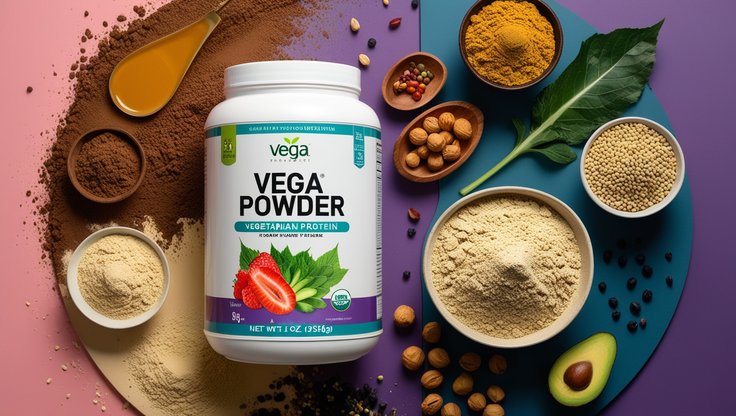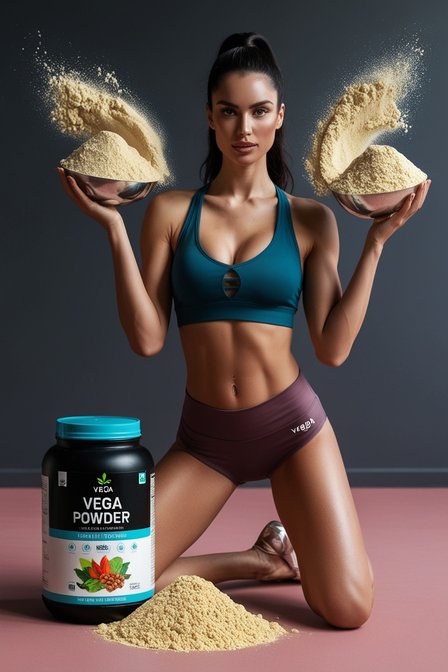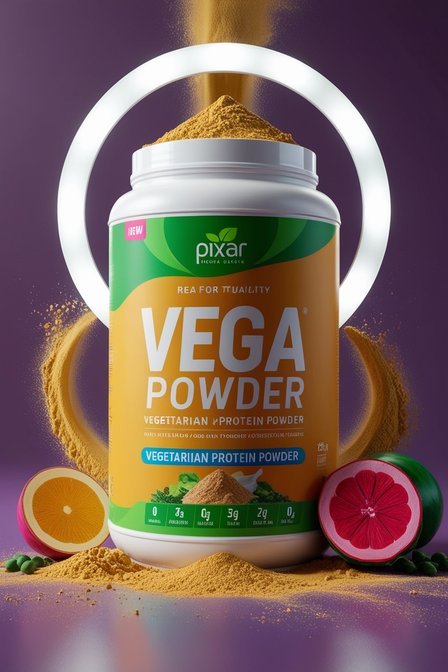The Ultimate Guide to a Vegan Protein Diet
Introduction to Vegan Protein
Transitioning to a vegan diet often brings with it concerns about adequate protein intake. Protein, an essential macronutrient, is crucial for muscle repair, enzyme production, and overall body function. For vegans, obtaining sufficient protein requires a well-planned diet that incorporates a variety of plant-based sources.
Understanding Protein Needs
Protein requirements vary based on age, sex, and activity level. The average adult requires about 0.8 grams of protein per kilogram of body weight. Athletes and those engaged in heavy physical activity may need more. It's important for vegans to be mindful of their protein intake to ensure they meet their daily needs.
High-Protein Vegan Foods
There is a wide range of plant-based foods rich in protein. Legumes such as lentils, chickpeas, and beans are excellent sources. Tofu, tempeh, and edamame, all derived from soybeans, offer substantial protein content. Nuts and seeds, including almonds, chia seeds, and hemp seeds, provide both protein and healthy fats. Whole grains like quinoa and buckwheat are also notable for their protein content.
The Role of Protein in a Vegan Diet
Protein plays a vital role in maintaining and building muscle mass. For vegans, incorporating diverse sources of protein is essential to obtain all nine essential amino acids. Combining different protein sources throughout the day, such as legumes and grains, can help achieve a complete amino acid profile.
Benefits of a Vegan Protein Diet
A vegan protein diet offers numerous health benefits. It is typically lower in saturated fats and cholesterol, which can reduce the risk of heart disease. Additionally, a diet rich in plant-based proteins can aid in weight management, as many vegan protein sources are also high in fiber, promoting a feeling of fullness.
Potential Challenges and Solutions
One challenge of a vegan protein diet is ensuring variety to avoid nutrient deficiencies. Including a wide range of protein sources can prevent this issue. Another potential challenge is the risk of consuming insufficient protein. Planning meals and snacks to include protein-rich foods can help mitigate this risk.
Sample Vegan Protein Meals
A typical day on a vegan protein diet might include a breakfast of oatmeal topped with almond butter and chia seeds, a lunch of a quinoa and black bean salad, and a dinner featuring tofu stir-fry with vegetables. Snacks such as hummus with carrot sticks or a handful of almonds can also boost daily protein intake.
The Importance of Meal Planning
Effective meal planning is crucial for a successful vegan protein diet. Preparing meals ahead of time and keeping a variety of protein-rich foods on hand can make it easier to meet daily protein requirements. Additionally, experimenting with new recipes can keep the diet enjoyable and diverse.
Vegan Protein Supplements
While whole foods are the best source of protein, supplements can be beneficial, especially for those with higher protein needs. Vegan protein powders made from pea, hemp, or brown rice protein can be convenient for adding to smoothies or baked goods. It's important to choose high-quality supplements free from unnecessary additives.
Addressing Common Myths
There are several myths surrounding vegan diets, particularly regarding protein. One common misconception is that vegans cannot get enough protein. In reality, with careful planning, a vegan diet can provide ample protein. Another myth is that plant proteins are inferior to animal proteins. However, many plant-based proteins offer a complete amino acid profile when consumed in variety.
The Environmental Impact of a Vegan Protein Diet
Choosing a vegan protein diet can also have positive environmental impacts. Plant-based diets typically require fewer resources, such as water and land, compared to diets reliant on animal agriculture. Reducing the consumption of animal products can lower greenhouse gas emissions, contributing to a more sustainable food system.
Personal Stories and Testimonials
Many individuals have successfully transitioned to a vegan protein diet and experienced positive changes in their health and well-being. Stories of athletes who have thrived on plant-based proteins can be particularly inspiring. These testimonials highlight that with the right approach, a vegan protein diet can support an active and healthy lifestyle.
Conclusion
A vegan protein diet, when well-planned, can provide all the necessary nutrients for optimal health. By incorporating a variety of protein-rich plant foods, vegans can meet their protein needs while enjoying the benefits of a plant-based lifestyle. With the added environmental benefits, a vegan protein diet is not only good for personal health but also for the planet.




